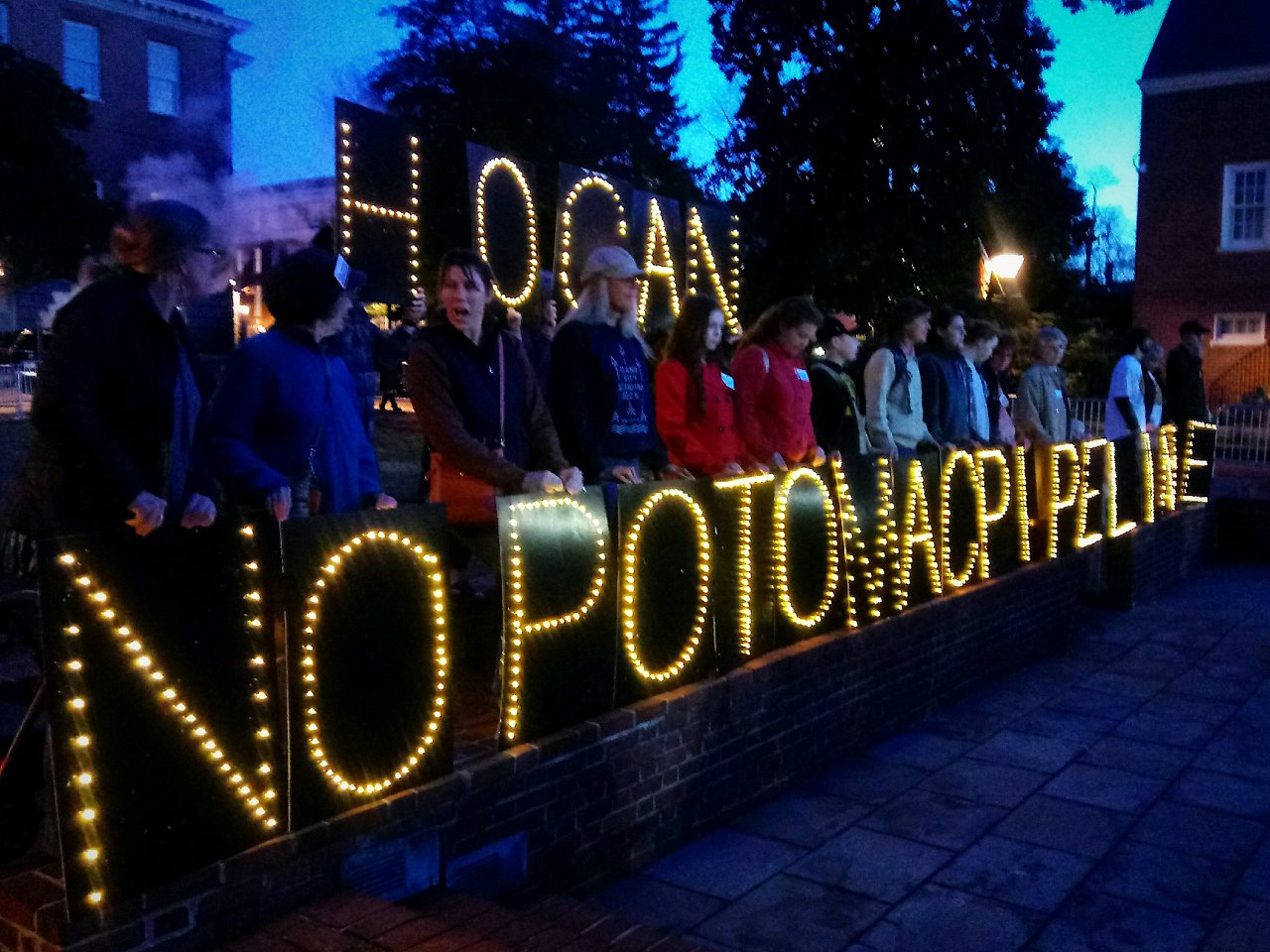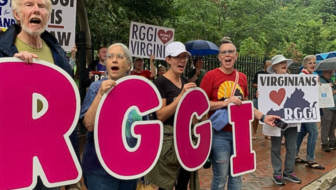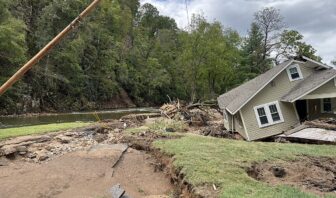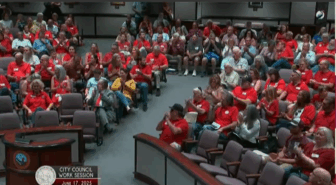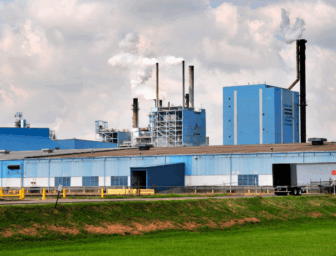Hogan joins Board of Public Works in unanimous vote against “right-of-way” easement underneath Western Maryland Rail/Trail
This vote could permanently imperil completion of controversial pipeline
ANNAPOLIS, MD — Today, in what environmentalists hope is a major shift in state energy policy, Governor Larry Hogan voted to reject a permit necessary for a fracked-gas pipeline known as the “Potomac Pipeline.” During the Maryland Board of Public Works’ semi-monthly meeting, Hogan and the other members of the board unanimously rejected a right-of-way easement for the project, which is proposed by a subsidiary of notorious energy company TransCanada.
This decision comes after two years of intense opposition to the pipeline from grassroots groups statewide as well as a growing list of legislators. Hogan announced barely a year ago that he wanted to significantly “kick-start” more consumption of fracked gas in the state, including construction of more pipelines. But Wednesday’s dramatic and surprising vote may signal a change in state policy on this issue.
“For two years, Maryland has been calling on Governor Hogan to keep his promise and protect Marylanders from the harms of fracking,” said Brooke Harper, Maryland Director of the Chesapeake Climate Action Network. “Today, he took a step in the right direction by rejecting a permit for a dangerous fracked-gas pipeline proposed by TransCanada. Hopefully, this signals a reversal of the governor’s prior policy of promoting fracked gas consumption and pipelines in Maryland.”
The Board of Public Works, which includes Governor Larry Hogan, State Treasurer Nancy Kopp and Comptroller Peter Franchot, is responsible for protecting the state’s fiscal integrity. Columbia Gas, which is owned by TransCanada, requires “right-of-way” easement to be approved by the Board. Without it, TransCanada cannot build underneath Western Maryland Rail/Trail, which runs parallel to the Potomac River.
The decision comes on the heels of a letter signed by 63 Maryland legislators calling on Governor Hogan to reject the easement. “Given that Maryland has banned fracking, it defies our state’s existing energy policy to bring the same public health risks to our residents by way of a pipeline,” the legislators stated.
“Marylanders and many of their leaders have consistently opposed the threats fracked gas pipelines pose to our health, water, climate, and communities,” said Josh Tulkin, Sierra Club Maryland Chapter Director. “There is no right way to build these dirty, dangerous pipelines and today’s unanimous rejection of Potomac Pipeline reflects that. We shouldn’t be deepening our dependence on dirty fuels like coal, oil, and gas at a time when clean, renewable energy is abundant and affordable and the polluting corporations behind these fracked gas pipelines should wake up and realize that.”
In the upcoming General Assembly session, Maryland legislators plan to introduce a bill that will require the Maryland Department of Environment to carry out a comprehensive environmental review of all new fracked-gas pipelines proposed in the state, called the “Pipeline and Water Protection Act.” The Hogan Administration refused to carry out a full review under section 401 of the Clean Water Act for the Potomac Pipeline, deferring instead to the Army Corps of Engineer’s blanket permit.
“With several new pipelines currently under consideration, this is the time for Maryland to improve its process for evaluating the environmental risks of fracked gas infrastructure,” said Delegate David Fraser-Hidalgo. “This year I will be introducing legislation to improve the environmental review and oversight of new pipelines proposed in Maryland. Given the environmental concerns, I question why we are continuing to build and invest in climate polluting fossil fuel infrastructure when that time and energy should be spent on renewables.”
“Maryland banned fracking in 2017 because of the threat it posed to public health and our environment,” said Senator Bobby Zirkin. “Fracked-gas infrastructure like the proposed Potomac Pipeline pose the same threat to the Potomac River, which supplies drinking water for our region. The Board of Public Works should keep Maryland frack free and reject the easement for this dangerous fracked gas pipeline. That is why I will be introducing legislation to improve the environmental review and oversight of new pipelines proposed in Maryland.”
CONTACT:
Denise Robbins, Communications Director, denise@chesapeakeclimate.org, 608-620-8819
Brooke Harper, Maryland Policy Director, brooke@chesapeakeclimate.org, 301-992-6875
###

